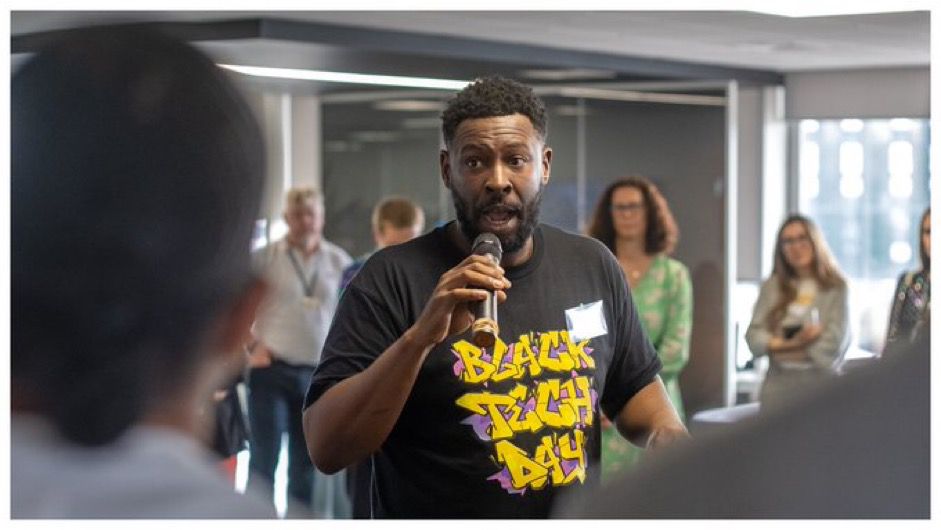Risk management experts have raised concerns that 97% of US colleges do not have accessibility compliant websites, leaving them vulnerable to potential litigation fees and payouts amounting to millions of dollars.
AAAtraq, a risk management firm, is warning college administrators that the education sector has become one of the top three targets for lawyers, resulting in fees worth $600 million per month. Non-compliant websites make colleges susceptible to legal action, making them easy targets for litigation.
The July audit by AAAtraq revealed that most of the colleges that failed the Americans with Disabilities Act (ADA) compliance tests had deficiencies on their home pages, leaving them exposed to unnecessary legal risks.
Laurence Shaw, representing AAAtraq, highlighted that identifying flaws in most websites took just 30 seconds, potentially saving educational institutions thousands of dollars. He expressed concern that colleges and universities might be falsely informed about their site’s compliance, while in reality, they are not. AAAtraq is striving to address the lack of accountability in this market and promote a risk-managed approach to compliance.
AAAtraq is urging Chief Financial Officers and Risk Managers to ensure that they have control over website project sign-offs. They suggest having someone other than the company performing the work sign off on critical criteria to avoid exposure to unnecessary legal actions.
The company offers a free assessment and risk audit to help colleges identify any compliance issues with their websites within a short timeframe. Recently updated laws have made compliance more critical than ever, with potential severe consequences for educational institutions and their vendors if compliance is not prioritized.
Non-compliance with accessibility standards may lead to a “tsunami of litigation,” with both the organization and the vendor being held accountable for easily demonstrable compliance failures. AAAtraq is advocating for a proactive approach to website compliance to protect educational institutions from legal challenges.






